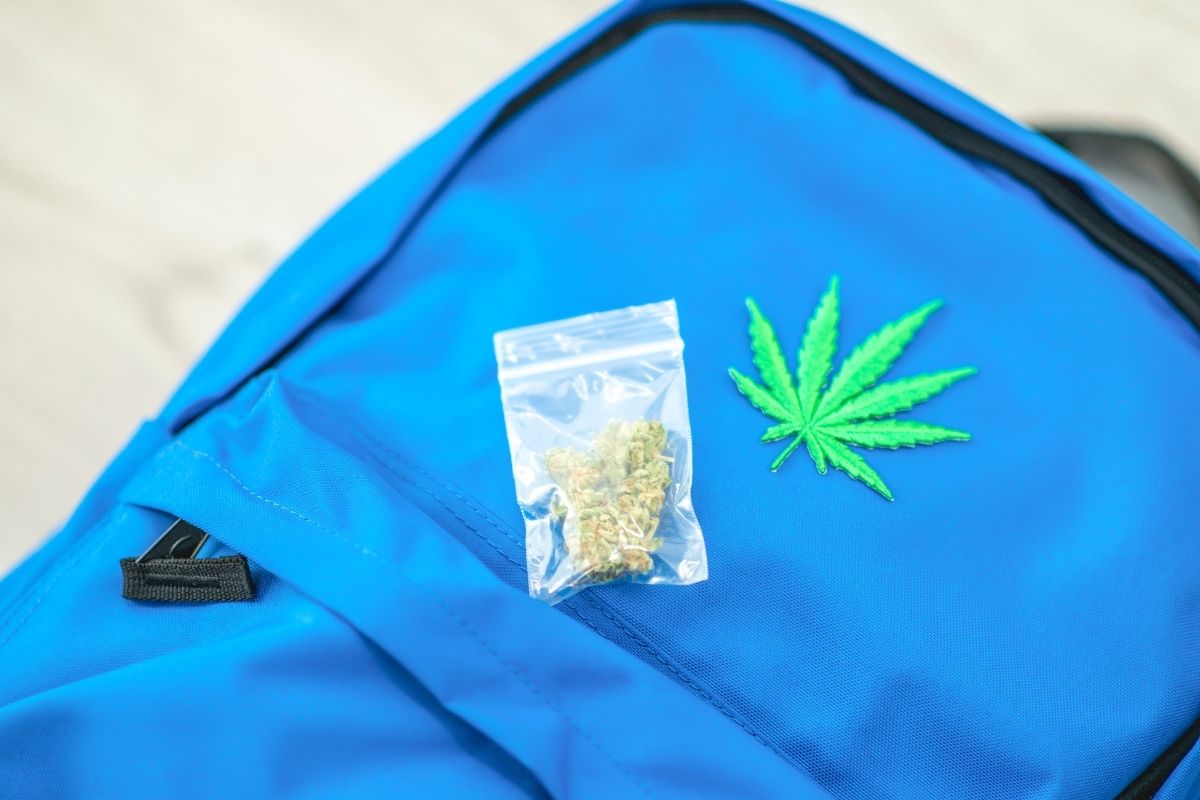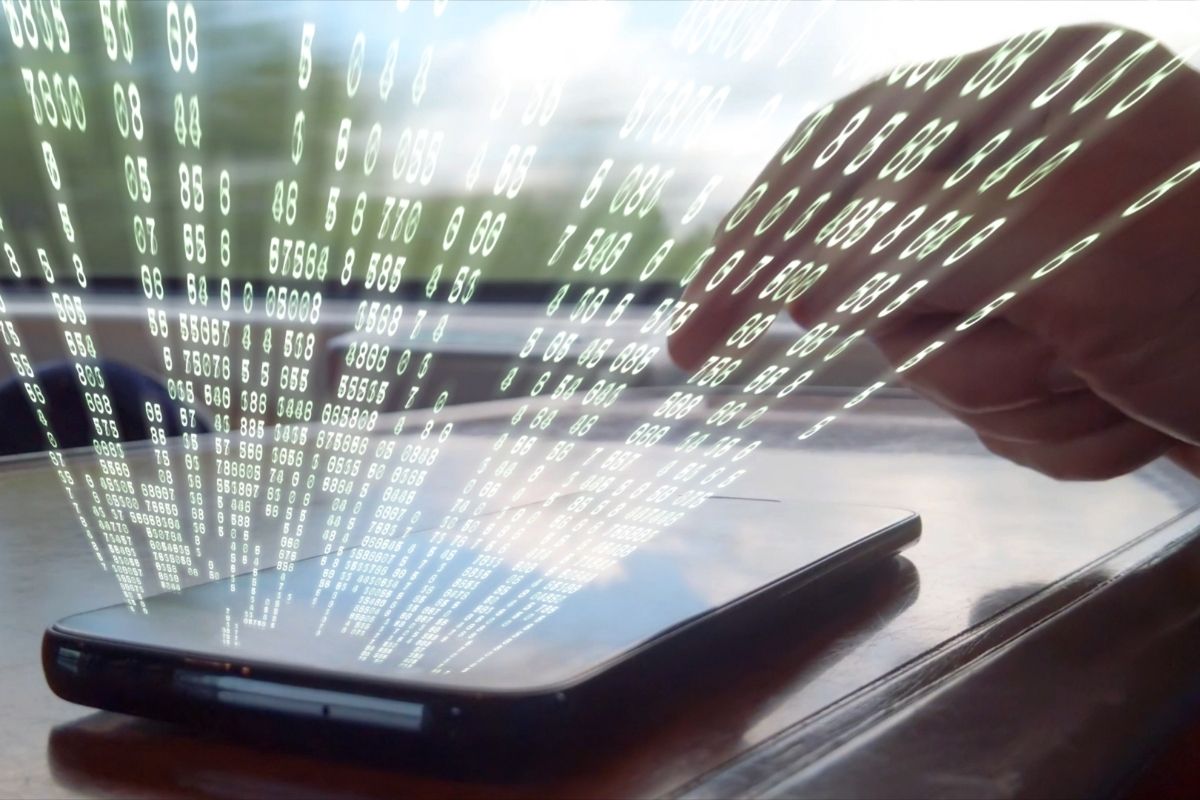Rutgers University researchers found that phones have a 90 percent cannabis use detection accuracy.
A team of researchers from Rutgers University have determined that data collected through nothing more than smartphone sensors, when combined with machine learning, can be enough to detect if someone has been using marijuana.
The researchers’ goal was to develop a passive cannabis usage detection proof-of-concept method.
The research goal was to develop a proof-of-concept passive detection method for marijuana use which could be used as an alternative to the current conventional detection methods such as saliva, urine, or blood tests. The researchers published their findings in the Drug and Alcohol Dependence journal.
“Adverse effects of acute cannabis intoxication have been reported by young adults, with associated consequences such as poor academic and work performance, and injuries and fatalities due to driving while ‘high’ on cannabis,” wrote the study authors.
The research involved the participation of 57 cannabis-using young adults with typical smartphone sensors on their phones. These participants reported using marijuana at least twice per week. They were asked to complete three surveys per day for thirty days. The survey included reported how high they felt at a specific time, as well as when they’d last used cannabis and how much they had used. Across the entire study period for all the participants, 451 usage episodes were recorded.

The participants downloaded an app using conventional smartphone sensors to passively collect data.
The app analyzed data including phone logs, GPS location, accelerometer data, and other usage statistics. The algorithm in the app came to be able to determine whether cannabis had been used with 60 percent accuracy based only on the time of day. Based exclusively on usage statistics and smartphone sensors, the accuracy rate was 67 percent. When those two categories of data were combined, the detection accuracy skyrocketed to 90 percent.
“Using the sensors in a person’s phone, we might be able to detect when a person might be experiencing cannabis intoxication and deliver a brief intervention when and where it might have the most impact to reduce cannabis-related harm,” said Rutgers professor Tammy Chung, study corresponding author.

